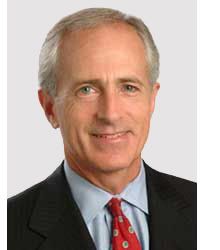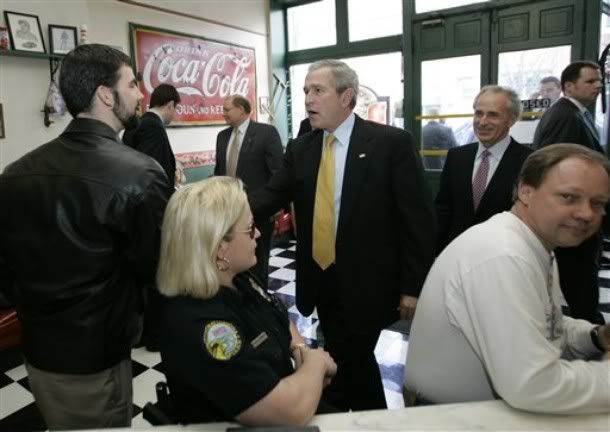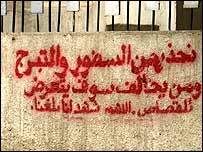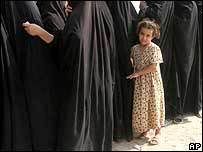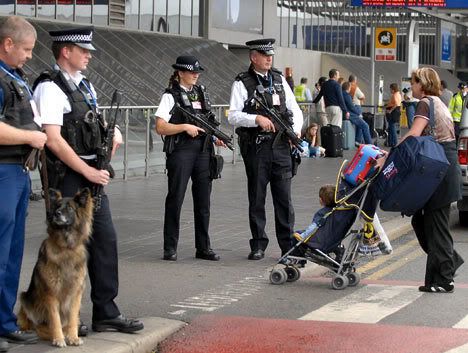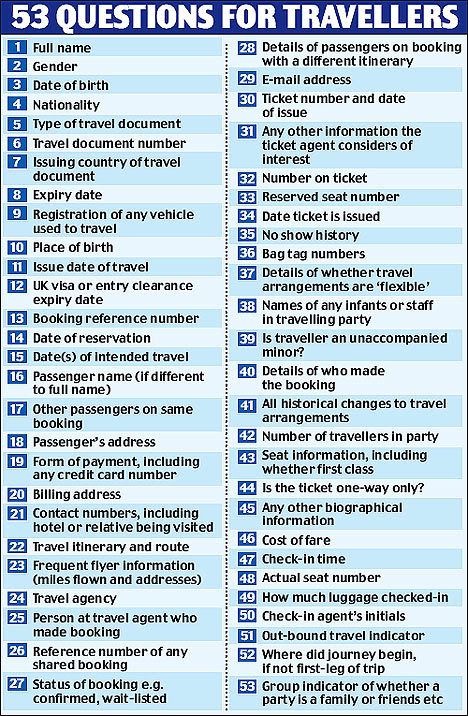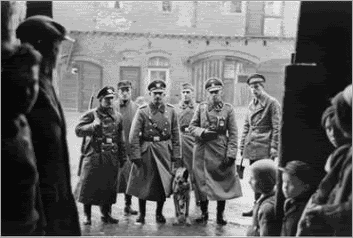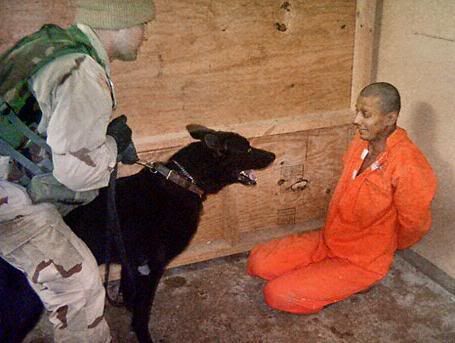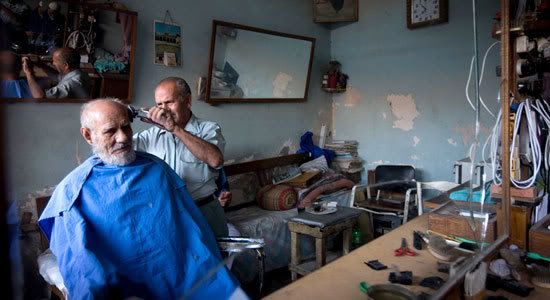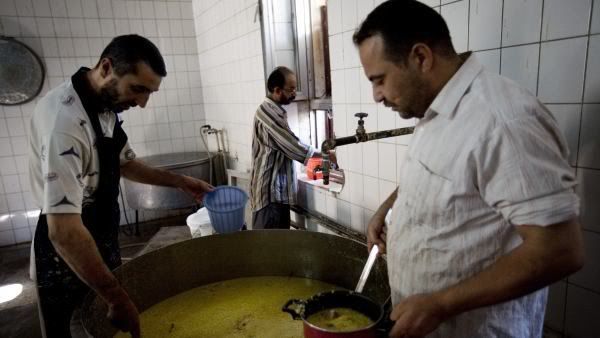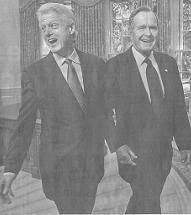It's 19 Days to the beginning of Chanukah (Wednesday, December 5-12, 2007),
22 days to Bodhi Day (Saturday, December 8, 2007),
32 days to the beginning of the Hajj and Id al Adha (Tuesday, December 18-20, 2007),
39 Days to Christmas (Tuesday, December 25, 2007), and
40 days to the beginning of Kwanzaa (Wednesday, December 26-January 1, 2008)
[For more information on holiday dates throughout the year and their meanings, go to the Council for Spiritual and Ethical Education.]
For most Americans, the holiday season is a time for demonstrating our humanity with periods of celebration and feasting, reflection and fasting, being mindful of the great indulgences and deprivations that exist side by side on our planet and performing practical acts to try to even it all out.
It's also the time (from
Black Friday, the day after Thanksgiving, through to the busiest shopping day of the year, the day after Christmas) that retailers make most of their annual sales.
The Constant American strongly supports capitalism (with regulations) within a mixed economy as the most successful method for creating a fair, equitable, peaceful society where all people have the opportunity to grow and prosper.
Toward that end, in the coming days and weeks I will be sharing some of my favorite products and causes, for giving and receiving, that have made my world a better place and might make yours, too, beginning today with a focus on the human spirit: Nourishing the
inner diva:
#1.
 Owen Smith's "Sweetie", polychromed ceramic
Owen Smith's "Sweetie", polychromed ceramic
Whether you're in New York, or just in a New York state of mind (watch & listen online), don't miss a visit to the Met.
"Sweetie" (displayed above) is a selection of art work from an exhibition at the Metropolitan Opera House’s Gallery Met. The exhibition marks the première of a new production of Engelbert Humperdinck’s “Hansel and Gretel.” It runs from November 16th through February 2008, and includes interpretations of the fairy tale by Edward Koren, Lorenzo Mattotti, William Steig, Gahan Wilson, and Roz Chast.
The Met's gift shop CDs (particularly poignant this year with the recent death of Luciano Pavarotti is a 12-CD boxed set of his recordings), books, calendars, umbrellas, etc., for the opera and ballet afficionado.
#2.
From Confiserie Altmann & Kuehne, these most charming liliputian chocolates will impress the 'little girl' in each of us.
#3. Nourish other divas through a remarkable organization that does the job by getting down to basics. Heifer.org's mission is to end world hunger and poverty while caring for the earth:

Finding Global Solutions
Heifer has learned over the years that a holistic approach is necessary in order to build sustainable communities. So we’ve developed a set of global initiatives – areas of emphasis that must be addressed if we’re to meet our mission of ending world hunger and poverty and caring for the earth.
Agroecology
In a world where land is overused, community members need to learn how to protect and rejuvenate their land, water and other natural resources. Heifer helps by teaching environmentally sound agricultural techniques.
Animal Well-Being
Before any Heifer animal is passed along to a project partner, Heifer trains the new recipient in animal management, using our strictly enforced. Animal Welfare Guidelines
Gender Equity
In Heifer's view, gender equity is a social justice and human rights issue that directly leads to ending hunger and poverty. That's why our participants are equal partners in sustainable development projects.
HIV-AIDS
Today, we as a world community, confront AIDS, a virus that in the past 25 years has either infected or killed over 64 million people. It is not only a health issue, as it fractures every sector of society, for Heifer, it is a prominent concern in the arena of sustainable development. This is why Heifer is incorporating HIV/AIDS education in our community training groups.
Microenterprise
Heifer provides both "no-interest living loans" in the form of livestock, as well as small monetary loans to help people start and expand businesses that yield big benefits for families.
Urban Agriculture
Heifer is reconnecting city-dwellers with their food sources, building strong alliances and instilling an entrepreneurial spirit among adults and youth through our Urban Agriculture projects.
Young People's Initiative
Heifer weaves youth-focused programs through all our project work and emphasizes young people's needs.


